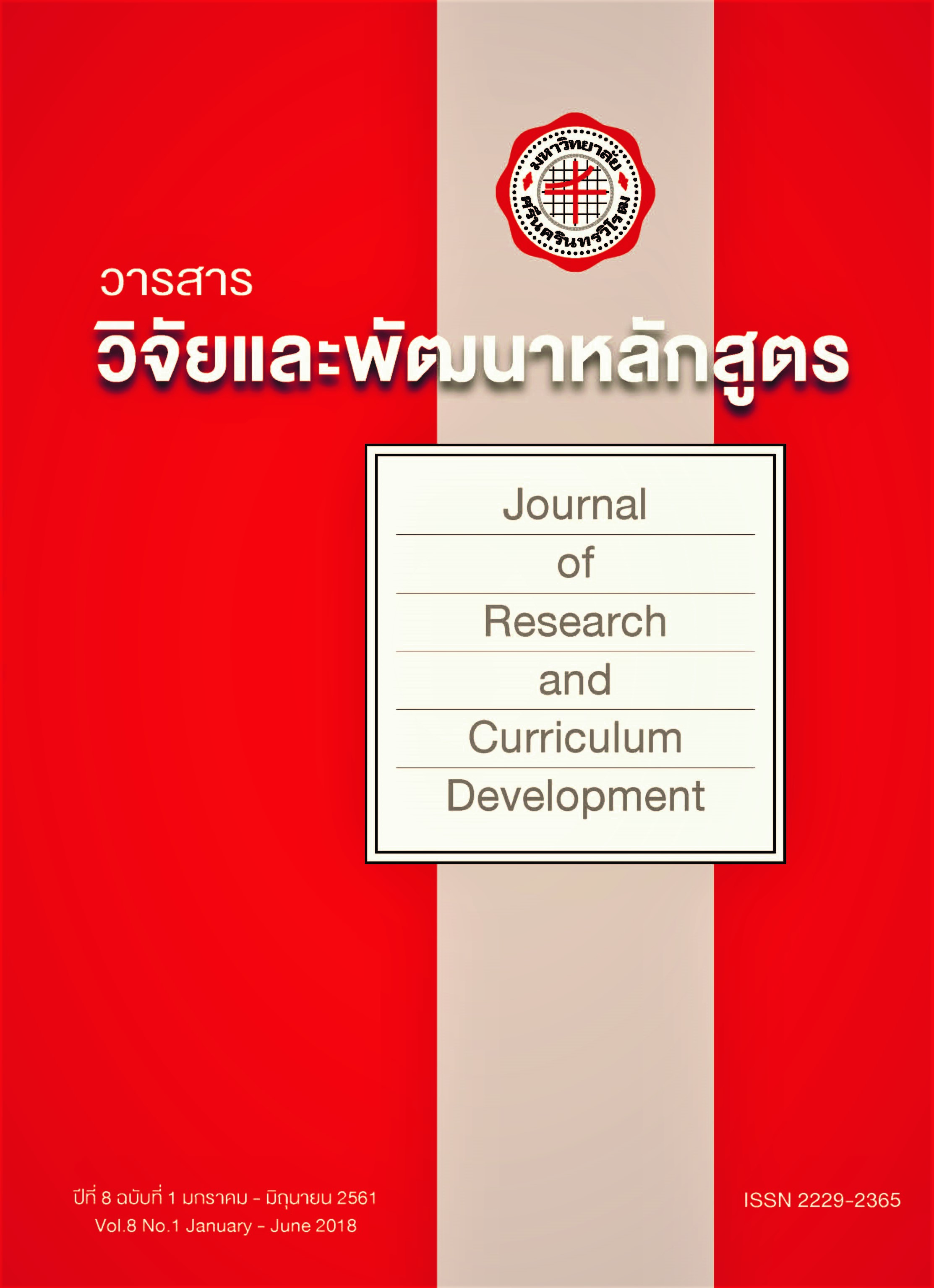ความพึงพอใจในงานของผู้ประเมิน ความคุ้นเคยระหว่างผู้ประเมินกับผู้ได้รับการประเมิน ความคล้ายคลึงระหว่างผู้ประเมินกับผู้ได้รับการประเมิน ความชอบที่มีต่อผู้ได้รับการประเมินและความคลาดเคลื่อนในการประเมินผลการปฏิบัติงานแบบปล่อยคะแนนและแบบกดคะแนนของผู้ประเมิน
Keywords:
Job Satisfaction, Acquaintance, Similarity, Liking, ErrorAbstract
This research was the mixed method which divided into 3 phases. Of the first phase
which was a qualitative research, the objectives were to study the types and causes of errors of performance appraisal of raters. The 12 key informants comprised of raters, ratees and personnel who involves with managing performance appraisal system in state enterprises. The inteNiew technique was used to gather data. The results showed there were 3 errors in performance appraisal: leniency, severity and recency and also found that 15, 6 and 1 causes of such errors respectively. Of the second phase which was the quantitative research, the objectives were 1) to identify each raters who had leniency, severity or did not have any errors by using the Guilford's method and 2) to discriminate raters to be a group which had leniency error had leniency error and 37 raters (46.25%) had severity error. The 4 factors can discriminate raters with a statistical significance at .01 level (Chi-square= 19.710, Df. = 4, sig. = .001). The raw score equation could be showed as follows: D' = -10.205 + 2.187 Qob satisfaction of raters) + 0.039 (rater- ratee acquaintance)- 2.365 (rater- ratee similarity)+ 1.080 (liking to ratees). Of the third phase which was a qualitative research, the objective was to seek the ways which should be used to solve the leniency error problem. The Delphi technique was used to gather data. The
sample group was 26 experts in performance appraisal and the related fields. The median and interquartile range and mean were used to analyze data. The results showed 61 ways which reached the expert consensus should be used to solve the leniency error problem in performance appraisal.
Keywords: Job Satisfaction, Acquaintance, Similarity, Liking, Error


